The writers and film lovers here at Full Circle Cinema know that opinions on films are divisive and can get pretty argumentative. But to encourage friendly and lively debate, we have Full Circle Showdown, an in-depth discussion and collaborative review from two writers who have different opinions and ways of seeing films. This time, we are taking a look at one of the most anticipated comic book films of 2019: Joker.
Based around the classic villain from the Batman comics, the film has inspired all sorts of reactions. So rather than run a traditional review, it seemed appropriate to take the film into the Showdown arena. How did our two writers respond to the Clown Prince of Crime’s first solo film? Find out here!
Review #1: James Preston Poole (Lead Critic)
It seems as if everything that can be said about Joker has already been said. Could this movie inspire violence? What role does morality have in comic book movies? Among all the chatter, online and offline, one thing has been greatly ignored when discussing its potential impact: the film itself. Which is a shame, because Joker is a transgressive work of art that might be the pinnacle of all comic book movies.
Joker immediately stands out for its production. Writer-director Todd Phillips, previously known for comedies such as Old School and The Hangover trilogy, assembles a dream team of talent to help bring Gotham City to life. Director of photography Lawrence Sher captures 1981 Gotham with a sharpness that underscores the dilapidation of the city. Likewise, deliberate editing work by Jeff Groth allows the dire situations lower-class to sink in, as does the haunting score by Hildur Guðnadóttir.
When our lead begins to transition into the title character, brighter hues, frenetic editing, and more bombast to the score explode into the film. It’s a thrilling choice that makes the story land all the more. No film based on a comic book has ever looked, sounded, or felt this good before. Joker‘s control of mood is matched only by its crown jewel: Arthur Fleck, the soon-to-be Clown Prince of Crime.
Arthur is an uncomfortable protagonist. He’s severely mentally ill, lives in complete poverty with his mother, and doesn’t get laughs in his hobby of stand-up comedy. On top of all that, he has an affliction that makes him laugh constantly. The cards are stacked against him from day one, yet he’s not entirely sympathetic. He’s a bit entitled, selfish, obsessive even. He’s fascinating as a living embodiment of the issues that plague Gotham, while also being incredibly difficult to watch.
However, Joaquin Phoenix makes sure you never look away. Pouring pure pathos into every facet of his performance, he contorts his body to make us feel Arthur’s pain as he teeters closer and closer to completely falling apart. A moment comes where Arthur makes a choice – a violent choice – that changes his path forever. In addition, it changes the path of the film itself.
Following Arthur’s act, Joker becomes something akin to Martin Scorsese’s films, most notably Taxi Driver and The King of Comedy. I wouldn’t say that this is a bad thing. It merely uses the vocabulary of those films to act as a springboard for Arthur’s tale. Where those films were more character studies with political commentaries, this film very much prioritizes the political aspect.
What Joker stands for, in theory, isn’t necessarily bad. The wealth inequality in Gotham is disgusting, and the way Arthur & other mentally ill folks in the city are treated in downright unfair. But instead of trying to affect change in a positive way, he gives in to his worst tendencies. As a result, he becomes a tornado of rage, glee, and self-righteousness. It is important to note that although other actors like Robert De Niro and Brett Cullen – playing talk show host Murray Franklin and Thomas Wayne, respectively – are marvelous in the film, everything is secondary to Arthur’s metamorphosis.
Phillips and co-writer Scott Silver’s script is obvious in its message as if getting punched in the face. But the thing is, you always remember a punch. Seeing what happens when the world breaks down the wrong man is harrowing. It’s disturbing. Uncomfortable. Profoundly affecting. By taking the general idea of the character and explicitly tying it to issues that plague our modern society, it’s given us a new way of looking at an iconic character, as well as justifying its own existence.
As I think of Joker, I think of Arthur Fleck decked out in clown make-up and a cheesy suit, dancing gleefully down a massive set of stairs smoking a cigarette. It’s strange, kind of funny, and more than a little terrifying, but you can’t ignore it. Films like Joker show that you can tell thought-provoking stories within the realm of comic book cinema.
Rating: 10/10
Review 2: Ernesto Valenzuela (Critic)
After all of the discourse, arguments, and controversy surrounding Joker, I was looking forward to seeing what all of the fuss was about. 2 hours and 2 minutes later, after watching a 35mm print of the film, I have to say…
Is that it?
Joker is a technical achievement. There is no doubt about it. The color palette and overall aesthetic of the film make it gorgeous to look at. Without a doubt, DP Lawrence Sher brings out the bombastic nature of the Joker and makes the film feel really lived in. The score by Hildur Guðnadóttir is haunting and does its job with demented orchestral strings at every corner. From a technical standpoint, this is a beautiful film. From any other standpoint, it’s a terrible beacon of mediocrity telling us to settle for less in comic book movie stories. Joker, directed by Todd Phillips and written by Phillips & Scott Silver, is the very definition of playing it safe.
Hiding behind two superior films like Taxi Driver and The King of Comedy, Joker wishes to distract you with its technical superiority and its stunning central performance. But all of its efforts are in service of hiding the inconsistent and uninspired story. From shallow and in your face twists to its contradictory storytelling, this film is deficient in a lot of ways. The saddest part is that the potential is there. An R-rated Joker-centric film had the opportunity to be morally confusing and ambiguous leaving viewers frightened and unsure. Instead, the entirety of Joker‘s runtime is dedicated to a centrist scold and surface-level politics. In all honesty, it is about as nuanced as the rest of Todd Phillips’ filmography.
Throughout the film, we are shown Arthur’s declining mental health and stability because of certain political turmoil and decisions. We even hear Arthur himself tell his social worker about these political conditions and what he thinks of him. These very societal woes created what we know as the Joker in this film, and when it comes to the climactic third act, Joker, in one of the worst written segments of the year, becomes completely apolitical. In this talk show segment, the character of “Joker” completely contradicts what happened during the rest of the movie and takes the ever so boring neutral side of having no political stance. The script saves various protesting scenes as somewhat of a Chekhov’s Gun for the story; background only used to serve the story again later on.
What could have been thought-provoking turns into an awkward lecture from the screenwriters that hardly holds any weight. Sure, the Joker in comics has always been apolitical and an agent of chaos. However, this story choice makes no sense in the context of the story. The over the top references to the Scorsese films listed earlier don’t help this film’s case much either. It wears Taxi Driver like a costume and mimics it just enough for people to take it seriously. The film even goes so far in the casting of Robert De Niro, whose performance practically forces you to think about The King of Comedy. It almost seems like the filmmakers made Joker simply because they wanted to make a faux-Scorsese film.
It’s concerning how so many people consider this as the next milestone for comic book movies. Yes, Joaquin Phoenix put his heart and soul into this performance. It is without a doubt the best part of the entire film, and it makes the shallow nonsensical story bearable. If this level of subpar storytelling is what people will use as a benchmark of comic book films to come, it has me concerned. Joker is a somewhat promising start in concept. But Todd Phillips and company have a long way to go if they want to make a genuinely unique and compelling comic book movie.
Rating: 5.5/10
Conclusion
As expected, Joker has sharply divided our two critics. While James feels the movie is something of a new beginning for comic book movies, Ernesto sees it as shallow, but both agree that the movie is worth seeing simply for Joaquin Phoenix’s performance.
Rating: 7.75/10
–Ernesto Valenzuela & James Preston Poole
Joker is now in theaters.

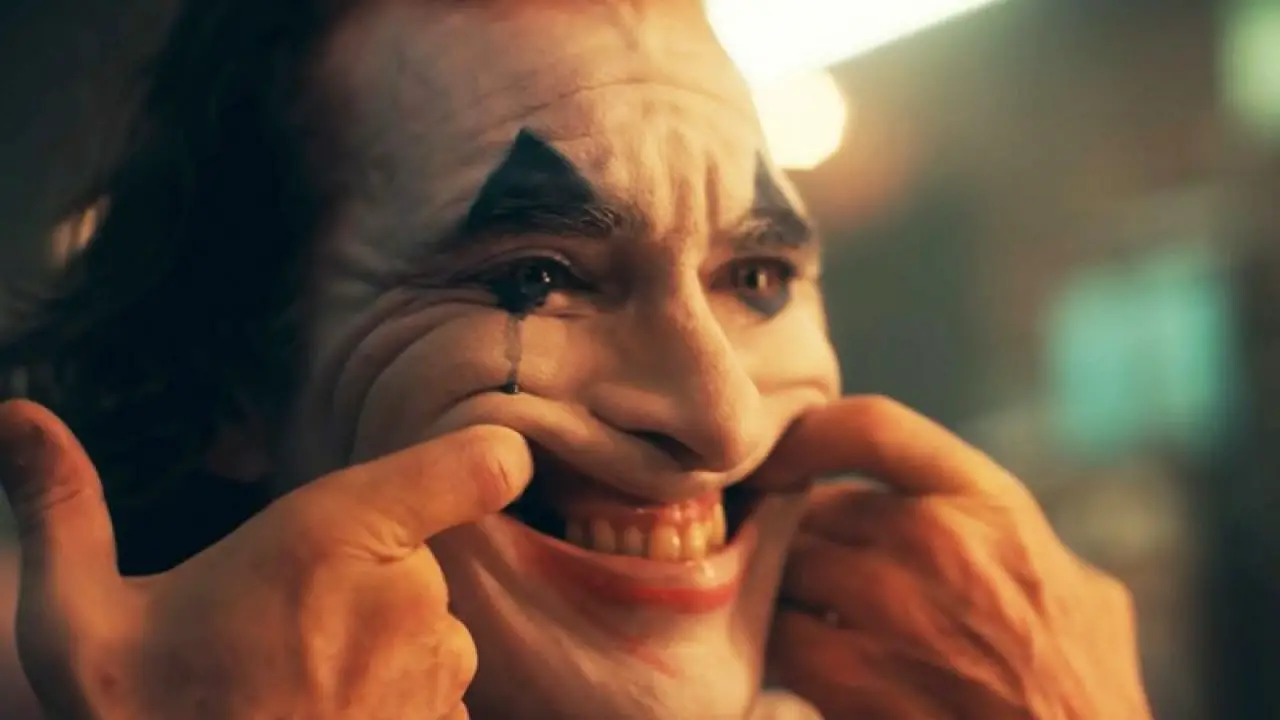
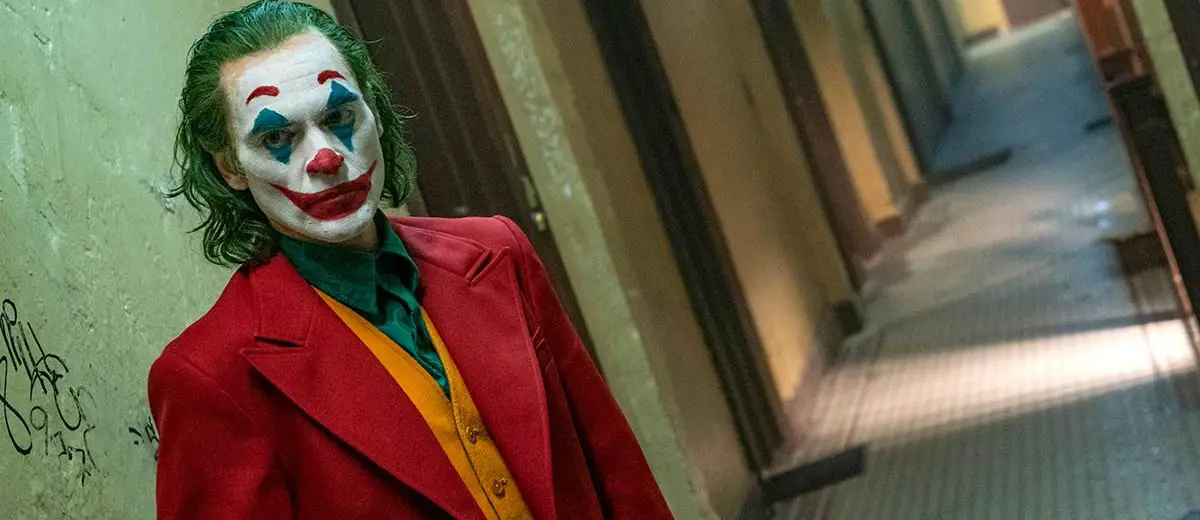

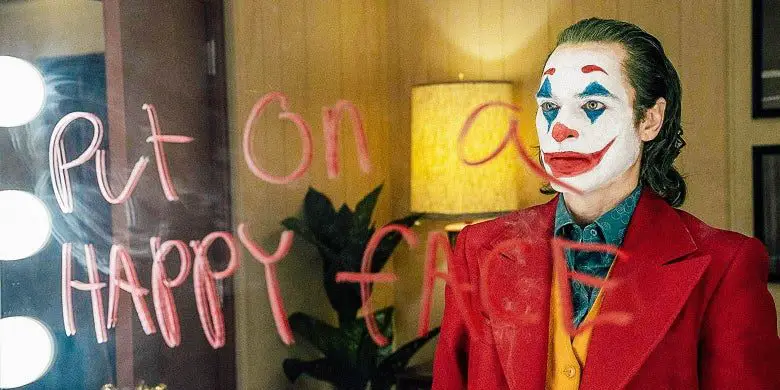
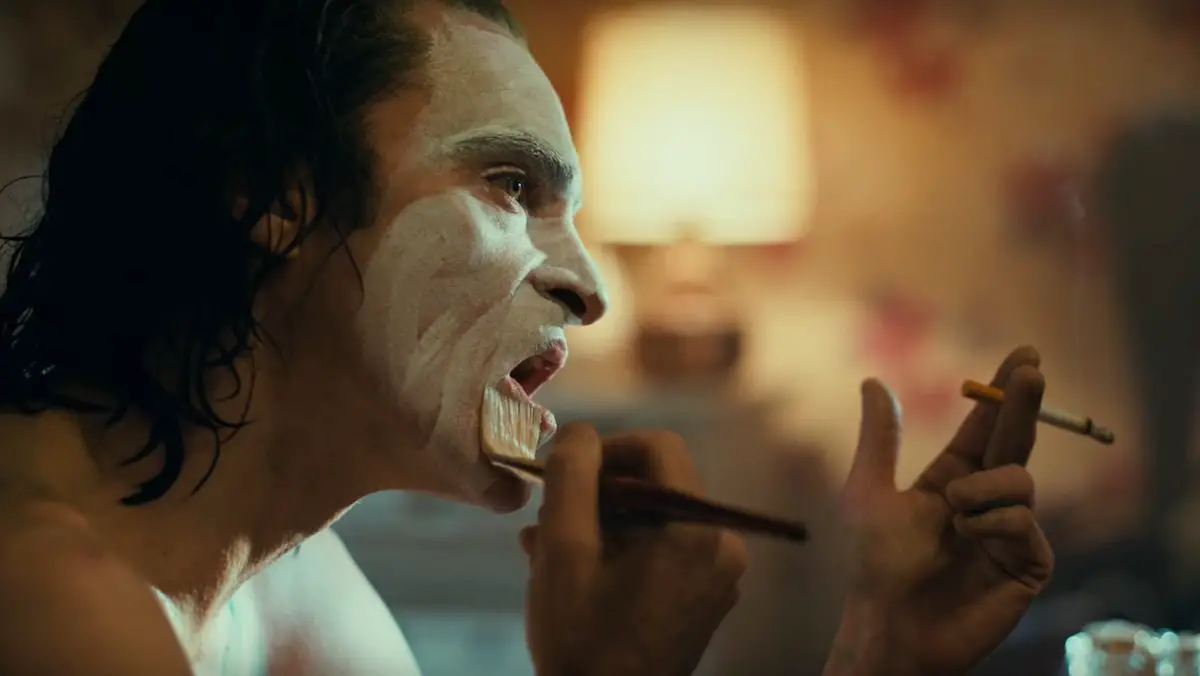
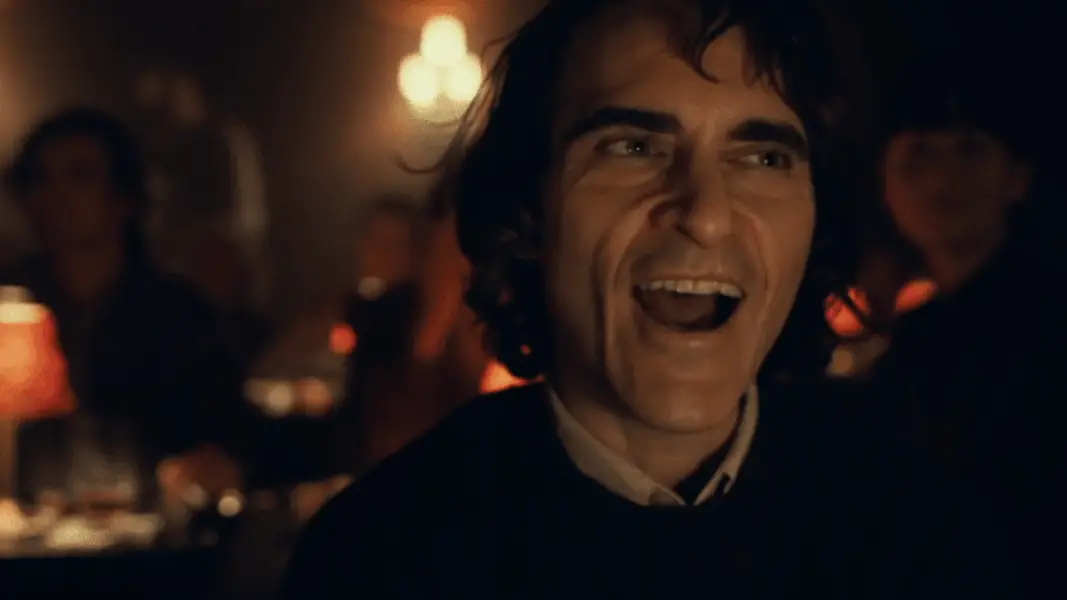
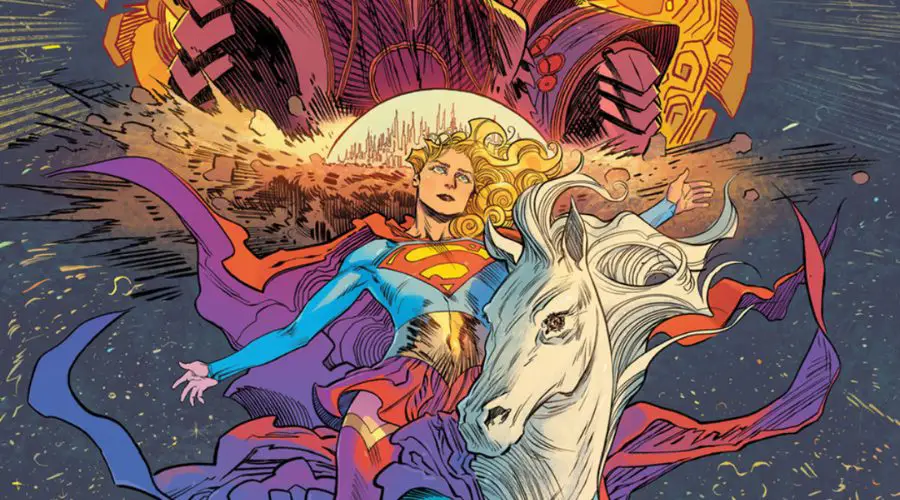
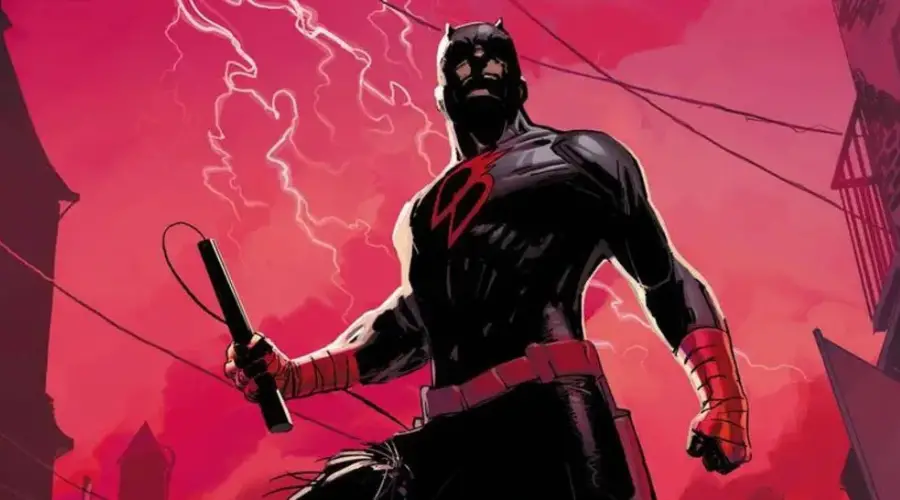
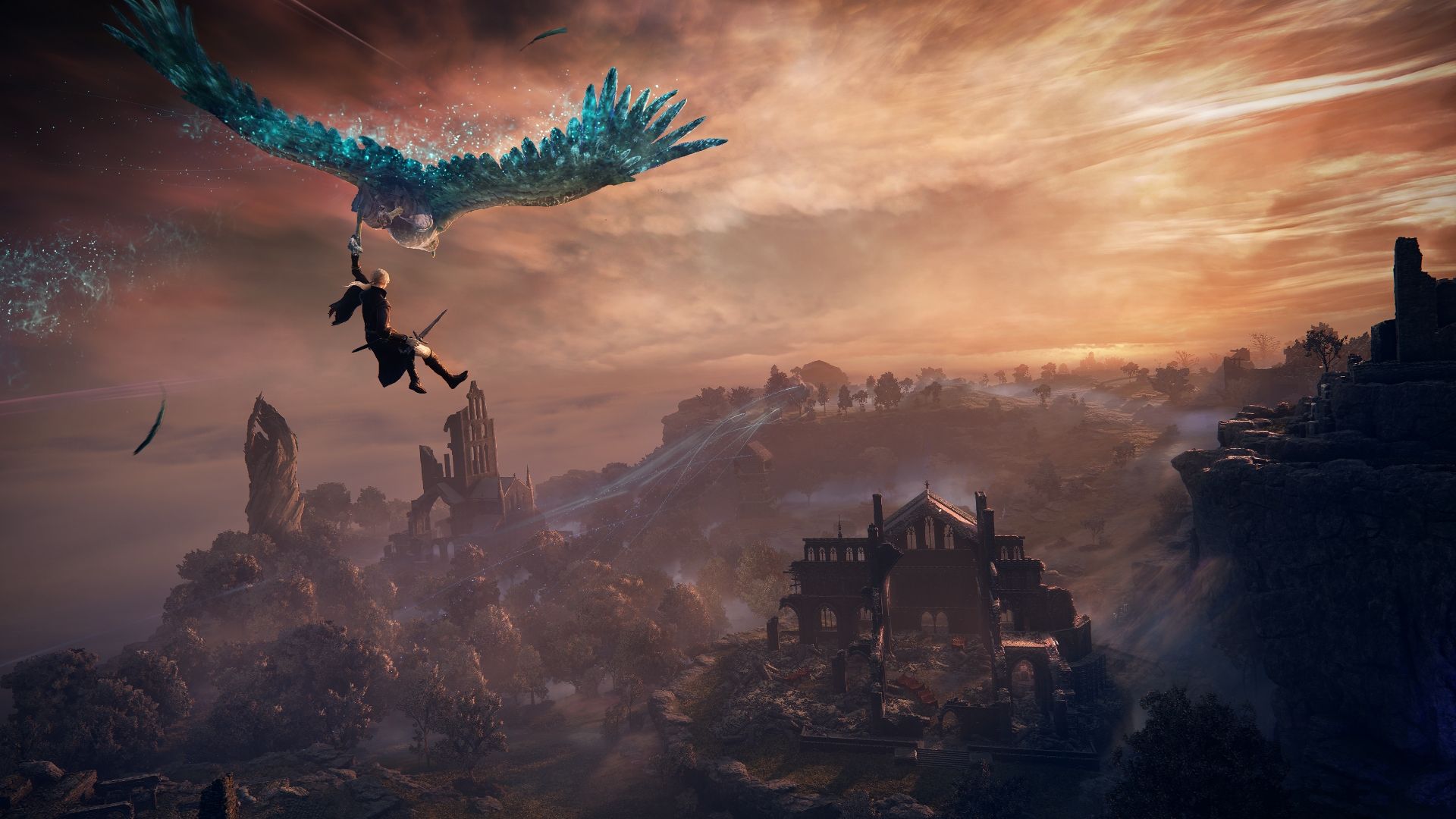

Leave a Comment